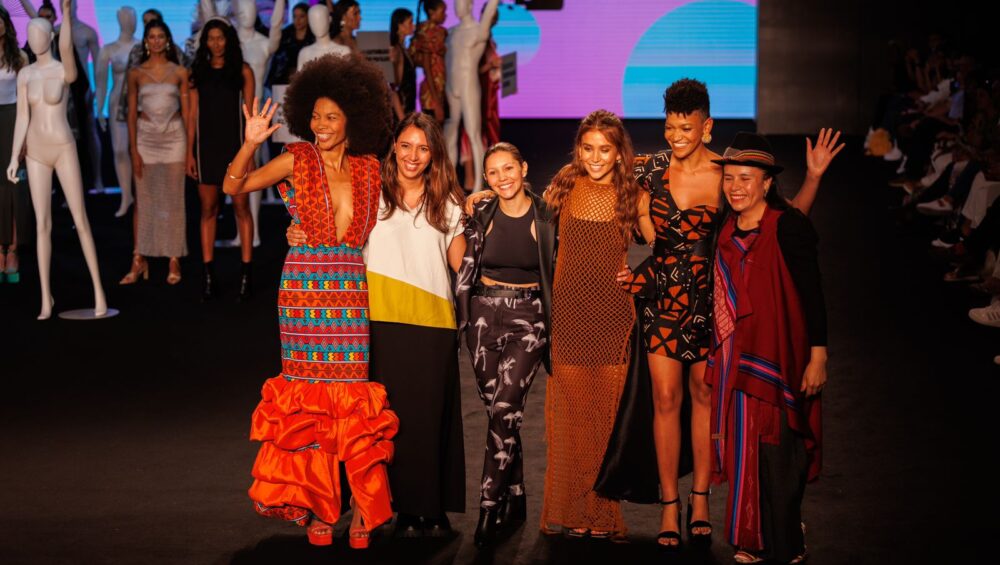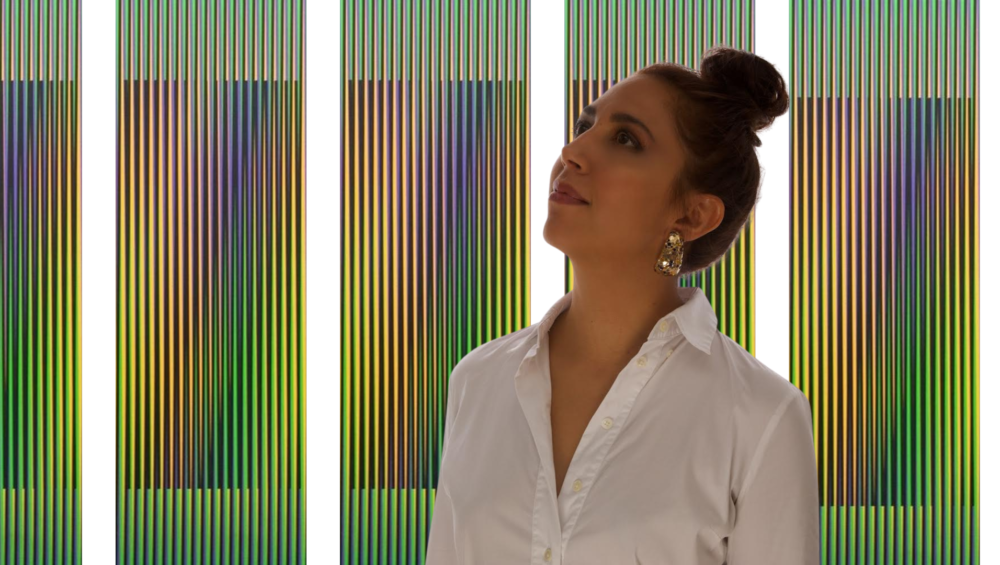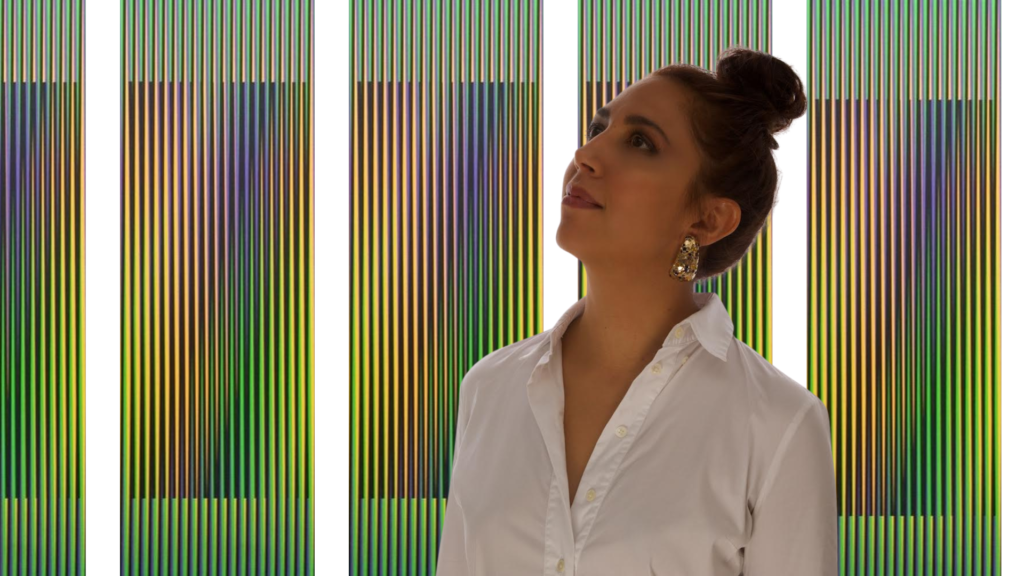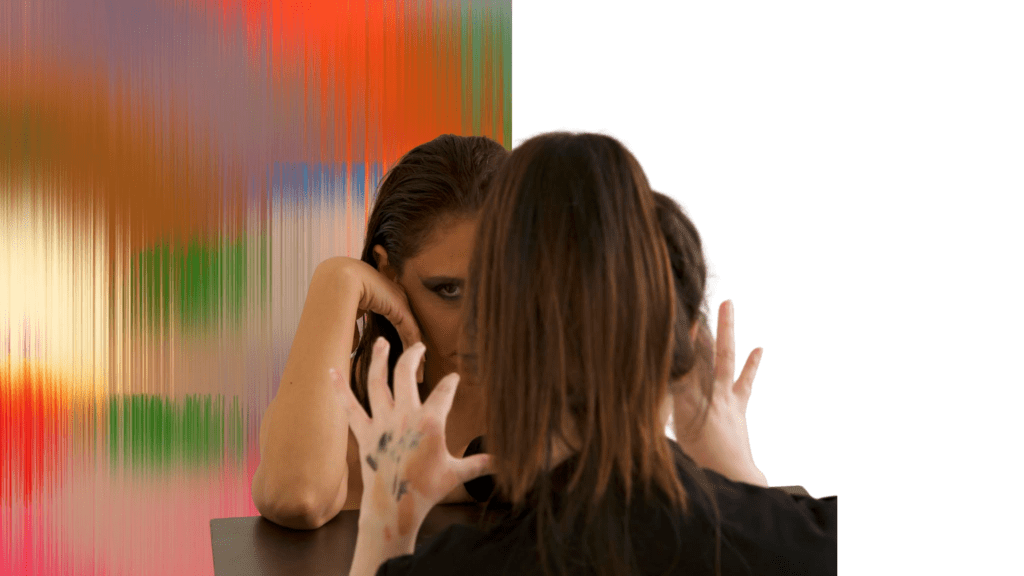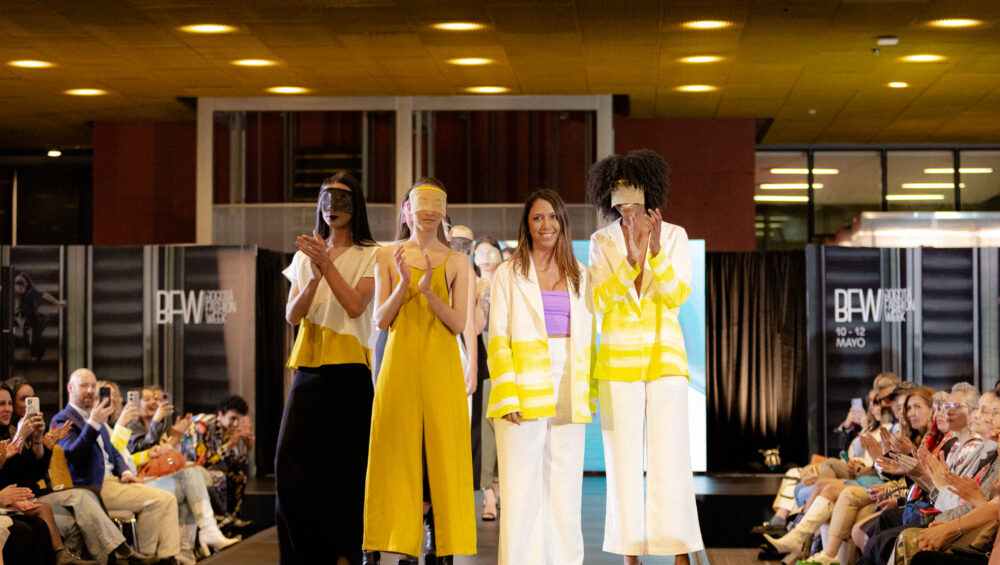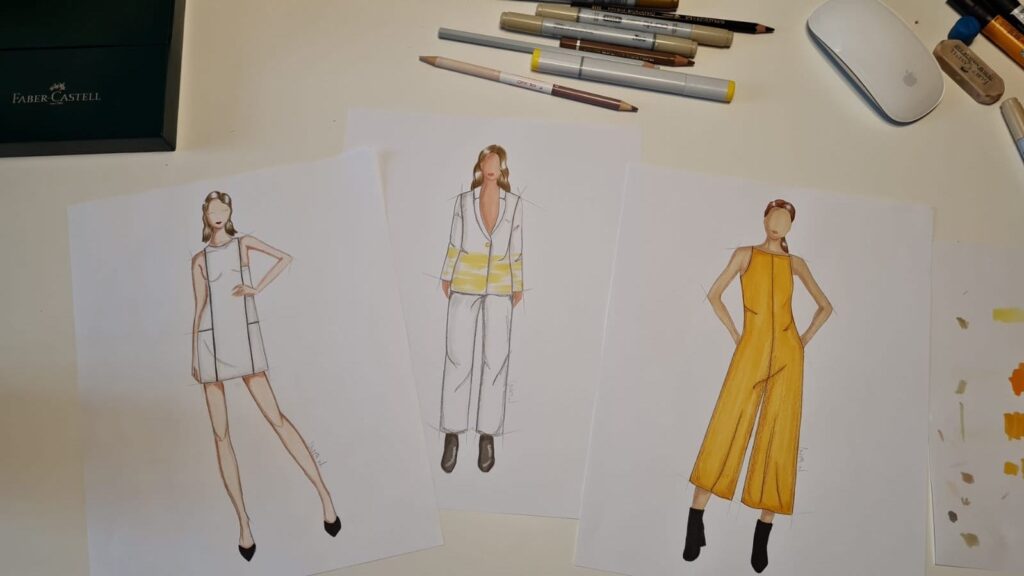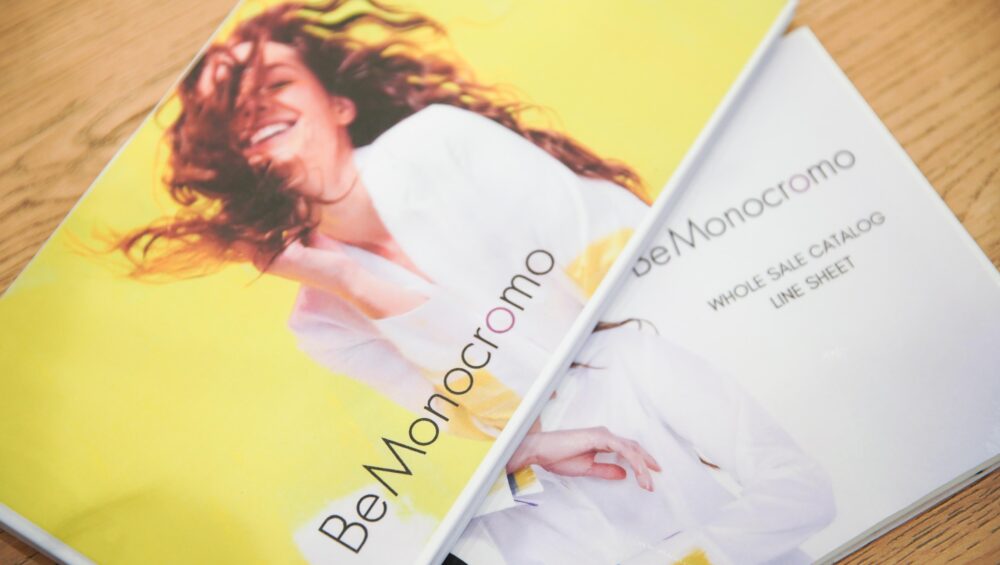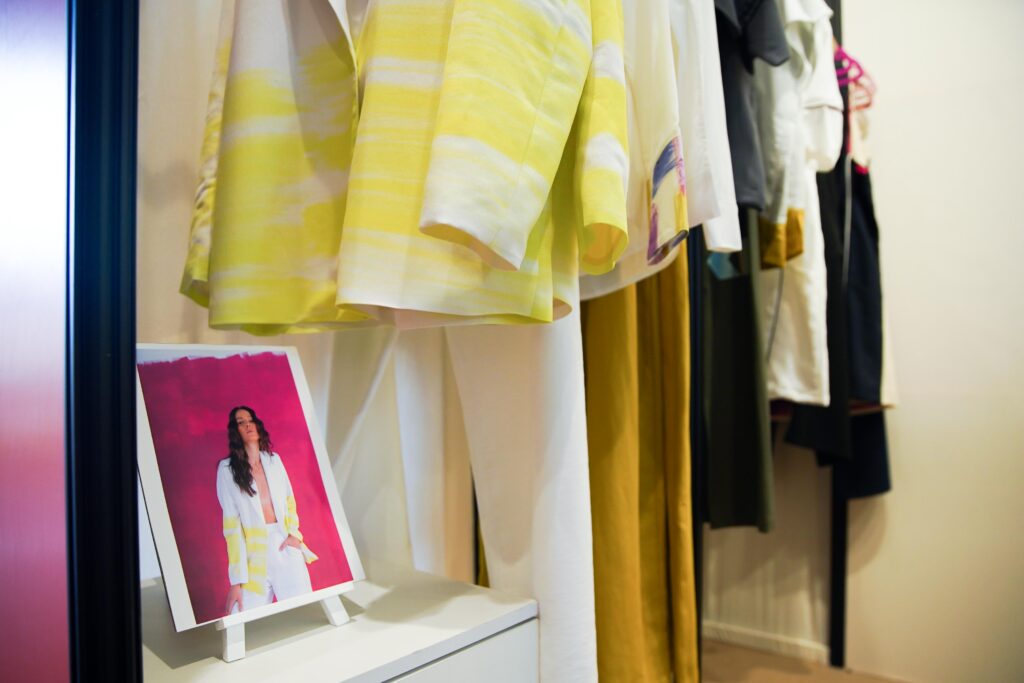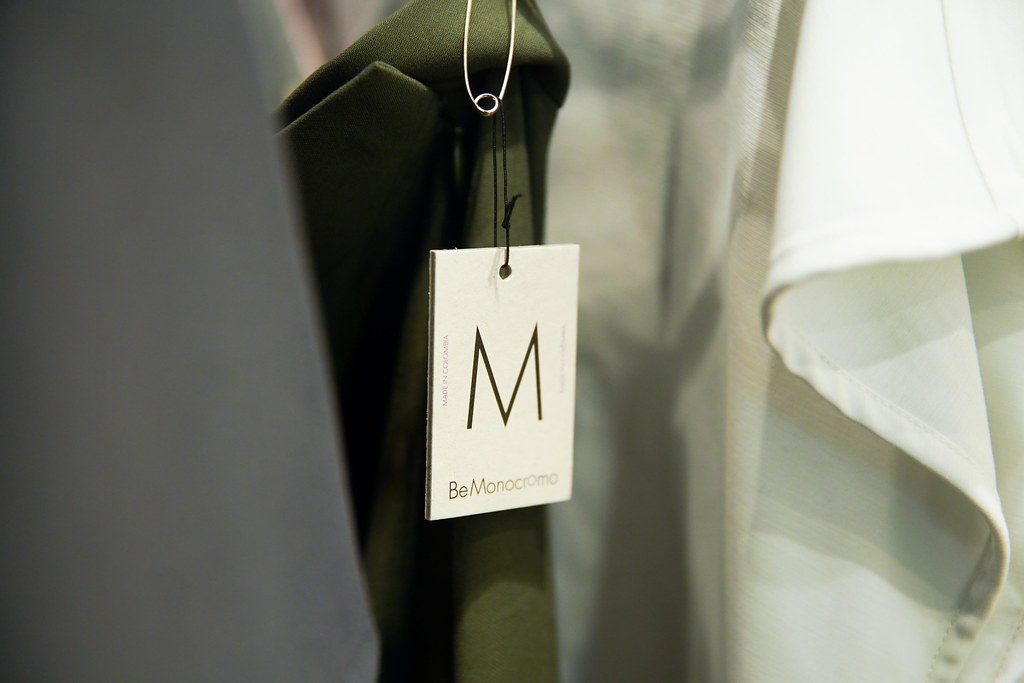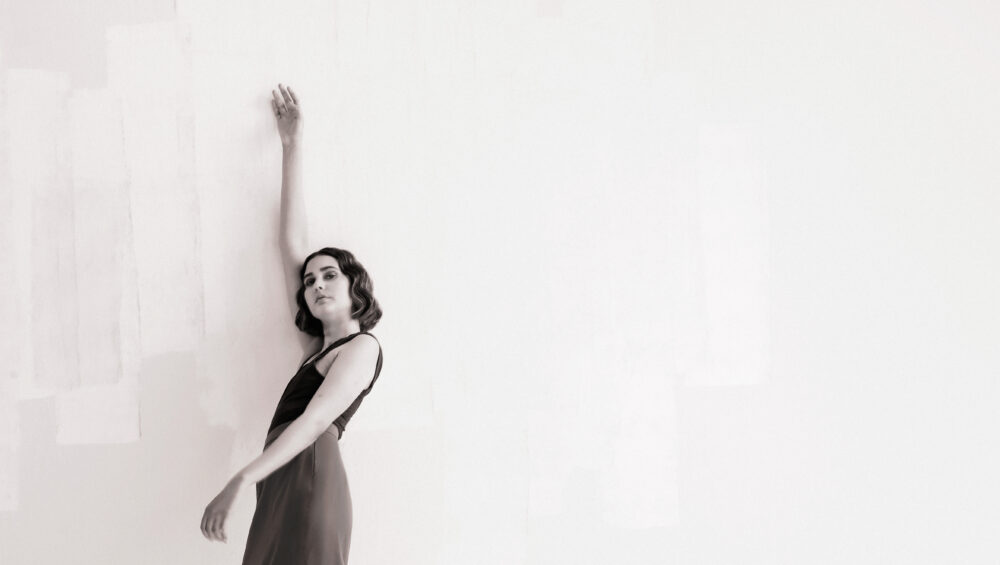
What does it mean to have fabric certificacions?
There is not perfectly sustainable. But on the path of achieving more circular processes, there are ways to generate greater transparency. Fabric certifications ensures that proper standards related to environmental, social, and animal welfare are applied at the beginning of the supply chain and for us, this is at the core of our mission. But, what are the certifications behind our fabrics and what do they mean?
Let’s make a quick review.

TENCEL™ Lyocell fibers are extracted from wood from controlled and certified forests using a unique closed loop system which recovers and reuses the solvents used, minimizing the environmental impact of production. Unique physical properties lead to their high tenacity profile, efficient moisture management and gentleness to skin.
Working with this fibers, we get transparency into our sustainability practices: from reducing carbon emissions to resource-efficient fiber production.



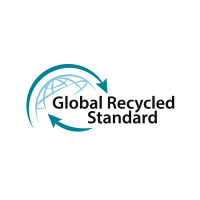
The Global Recycled Standard (GRS) is a voluntary product standard for tracking and verifying the content of recycled materials in a final product. The standard applies to the full supply chain and addresses traceability, environmental principles, social requirements, chemical content and labeling. GRS covers processing, manufacturing, packaging, labeling, trading and distribution of all products made with a minimum of 20% recycled material.
It also sets requirements for third-party certification of recycled content, chain of custody, social and environmental practices, and chemical restrictions. In our products, fibers such as Cotton, Lyocell and Polyester are certified by this standard.



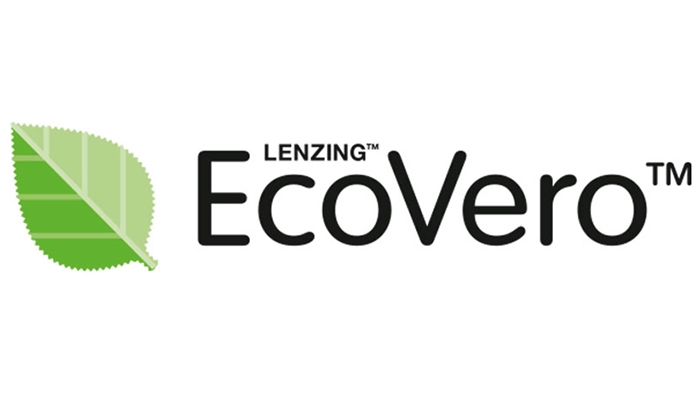
The viscose fiber EcoVero sets even stricter environmental standards than Tencel. In terms of water and chemical consumption and its carbon footstep, EcoVero is the most ecologically responsible textile out there, surpassing not only other types of rayon, but cotton as well. Supply chain transparency is maximized, from the farming of raw materials, through production, to distribution.
EcoVero is fully biodegradable and compostable. It is easy to recycle (it can be recouped to produce new viscose fibers), but if it does end up in a landfill, it will biodegrade entirely in several months without releasing any toxic chemicals into the soil.
In terms of its fiber qualities, EcoVero resembles other premium rayons: Fine, soft, breathable, very comfortable, good at wicking away moisture, and relatively quick drying. In terms of care, it can be washed, dried, and ironed just like other rayon fabrics.



We feel grateful to be part of the change. Thank you for supporting our mission.
Sincerely,
Maria Clara Villamizar – BeMonocromo Founder

